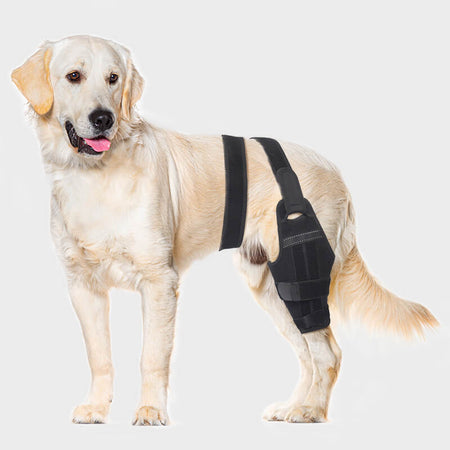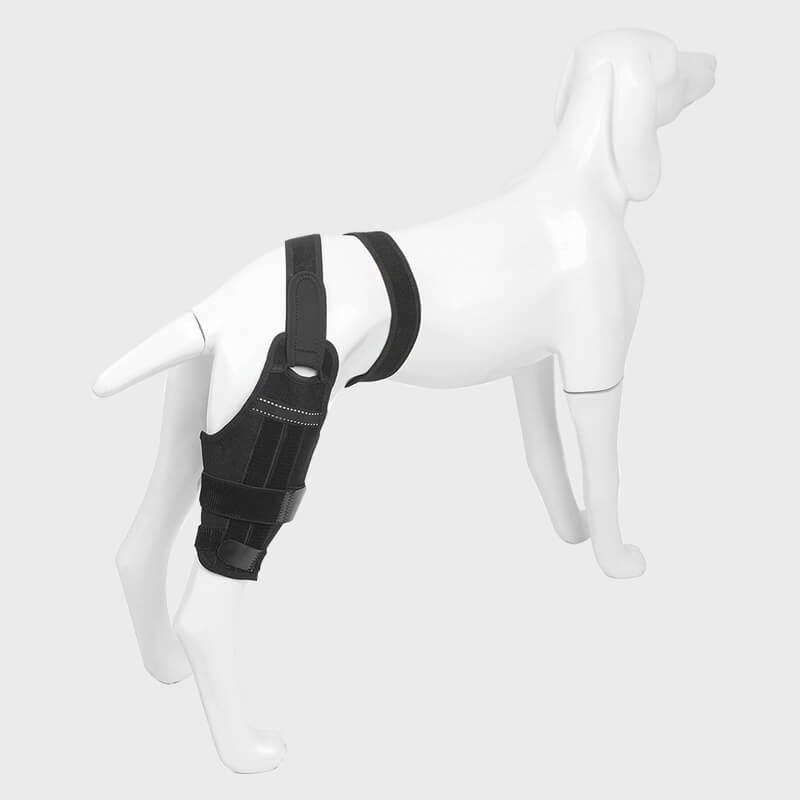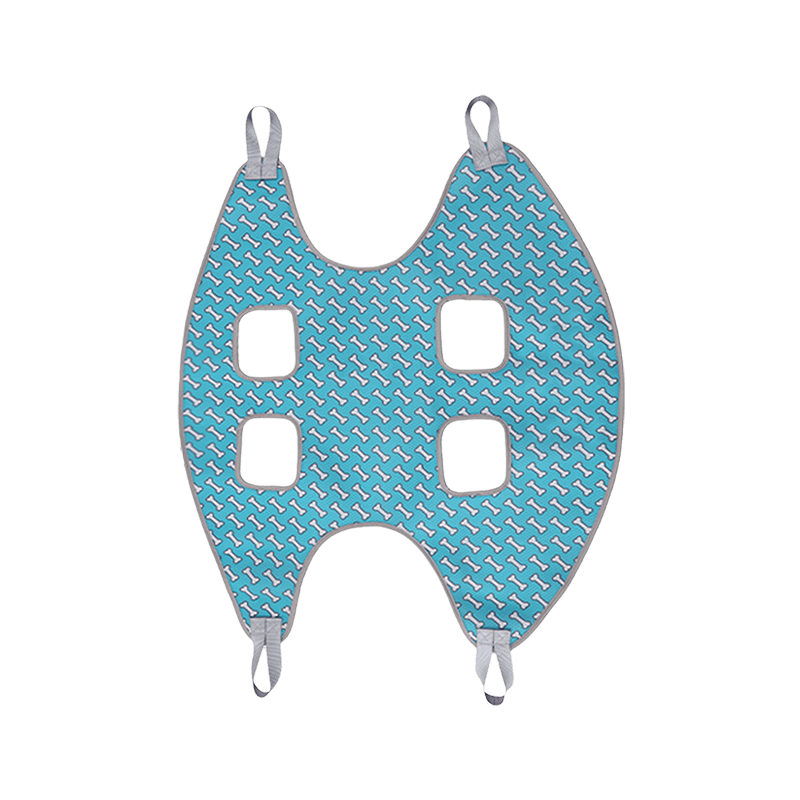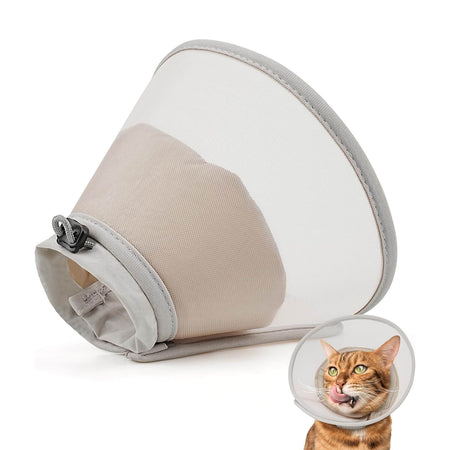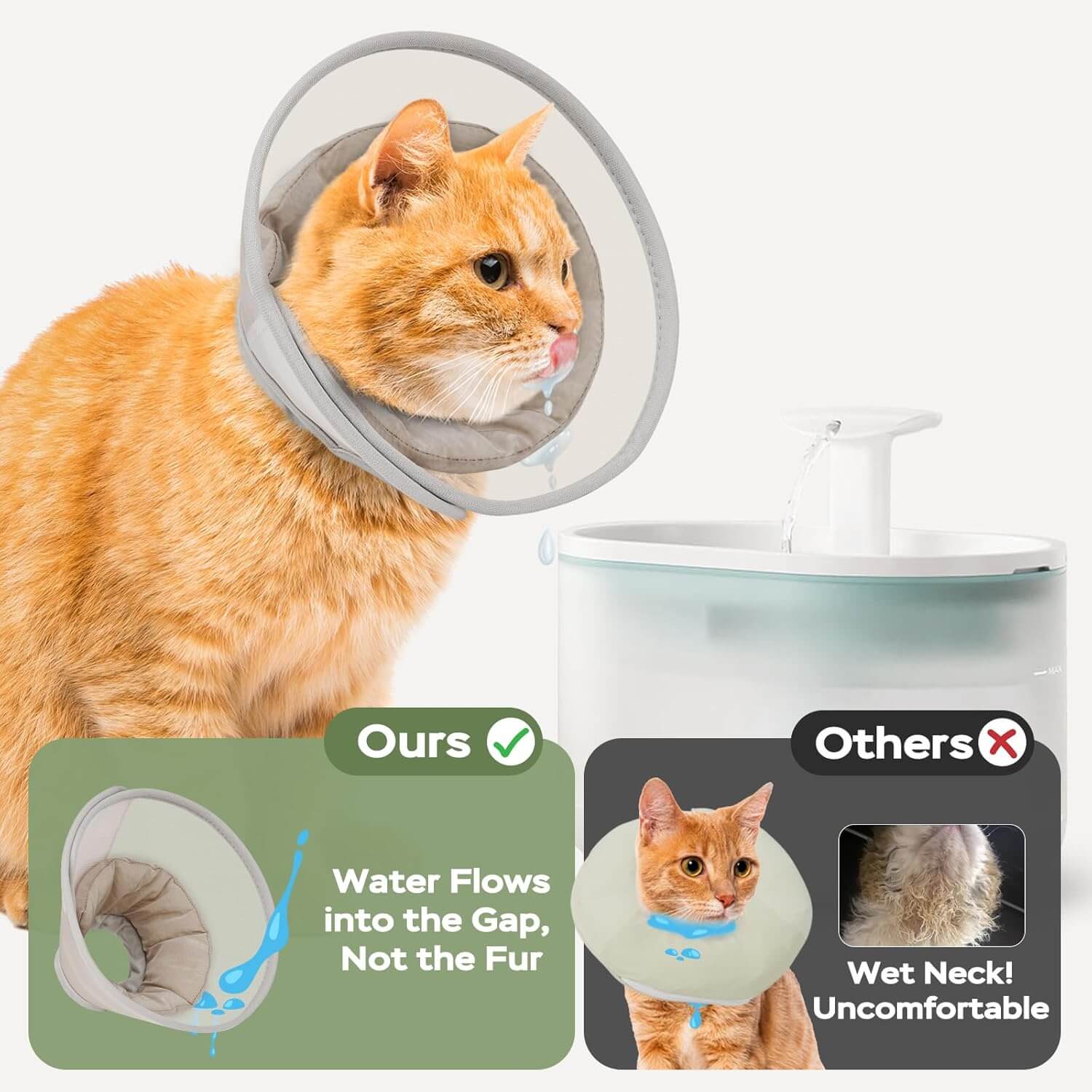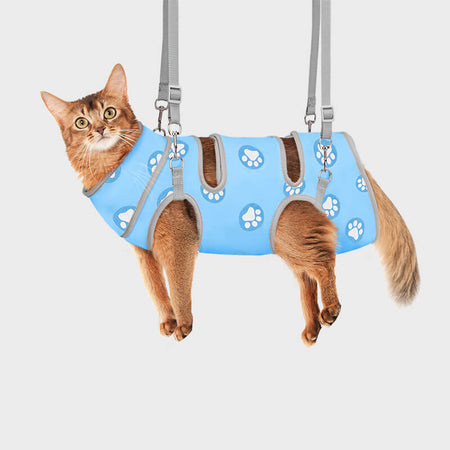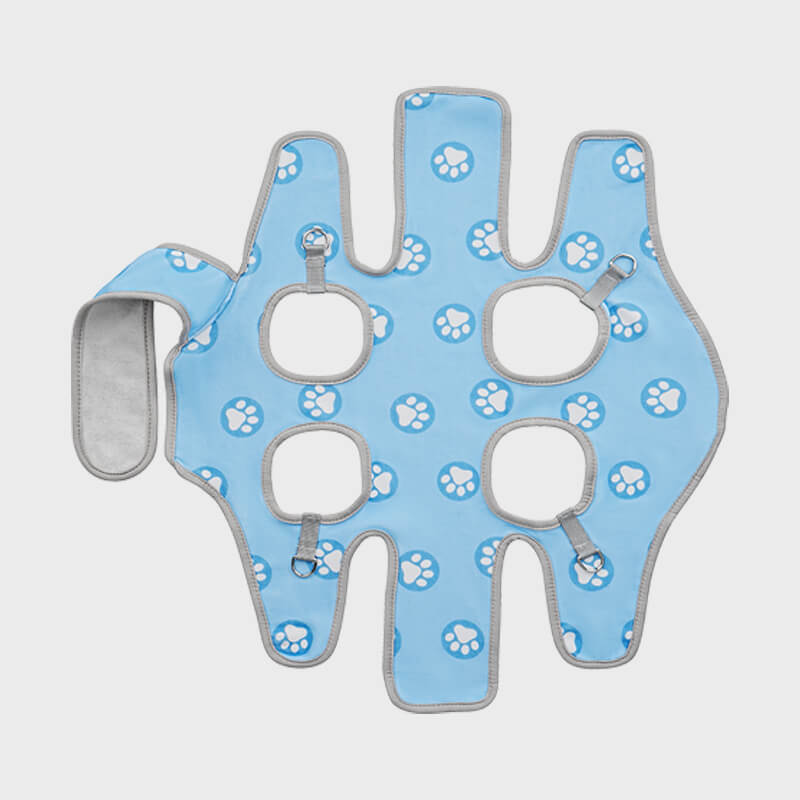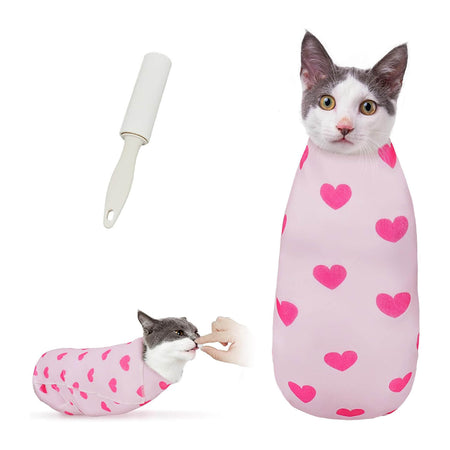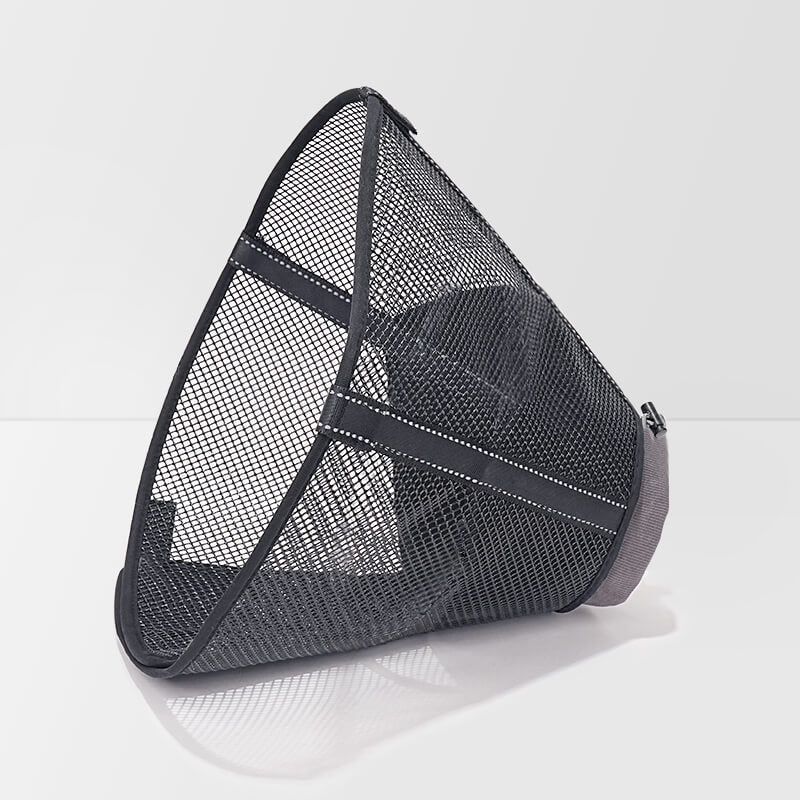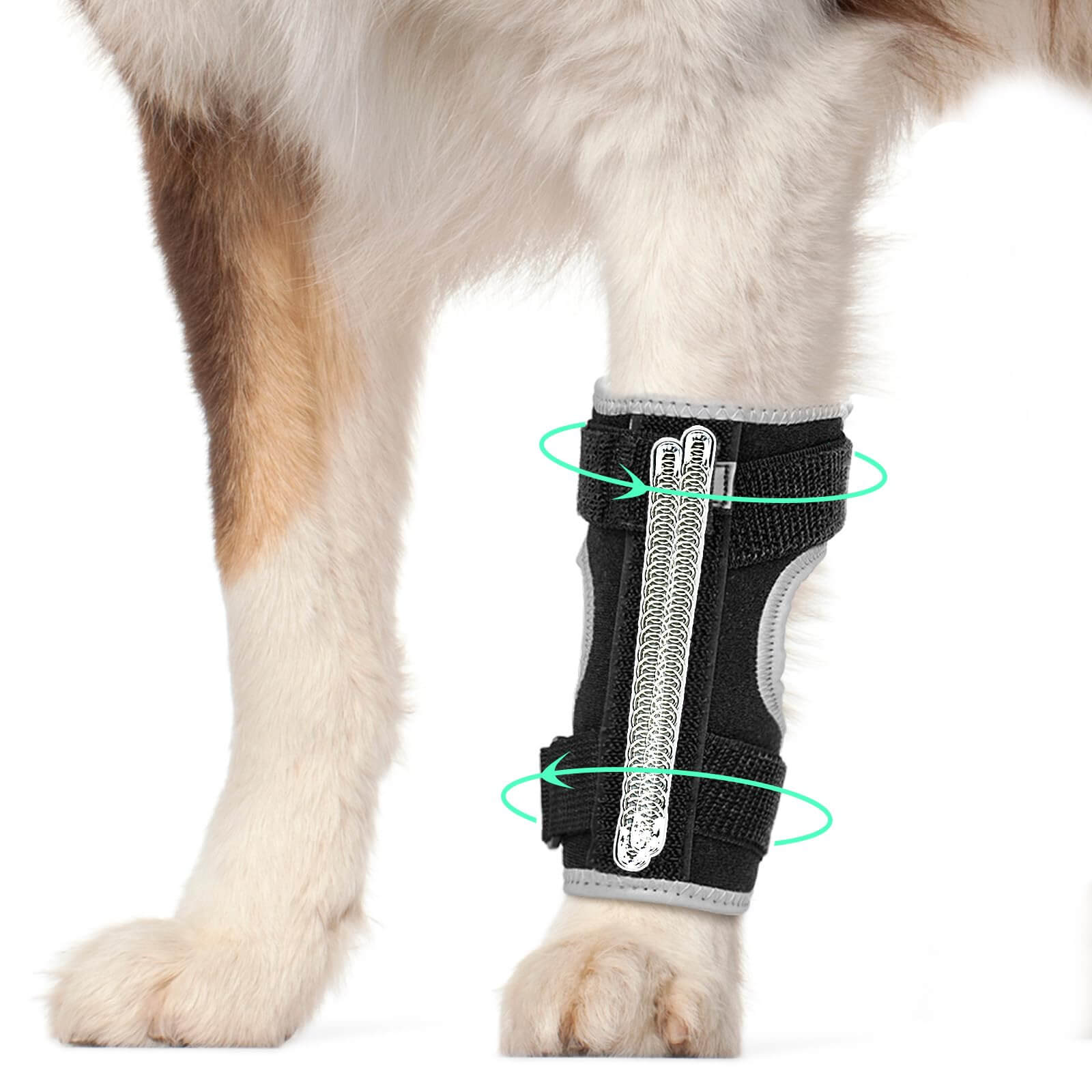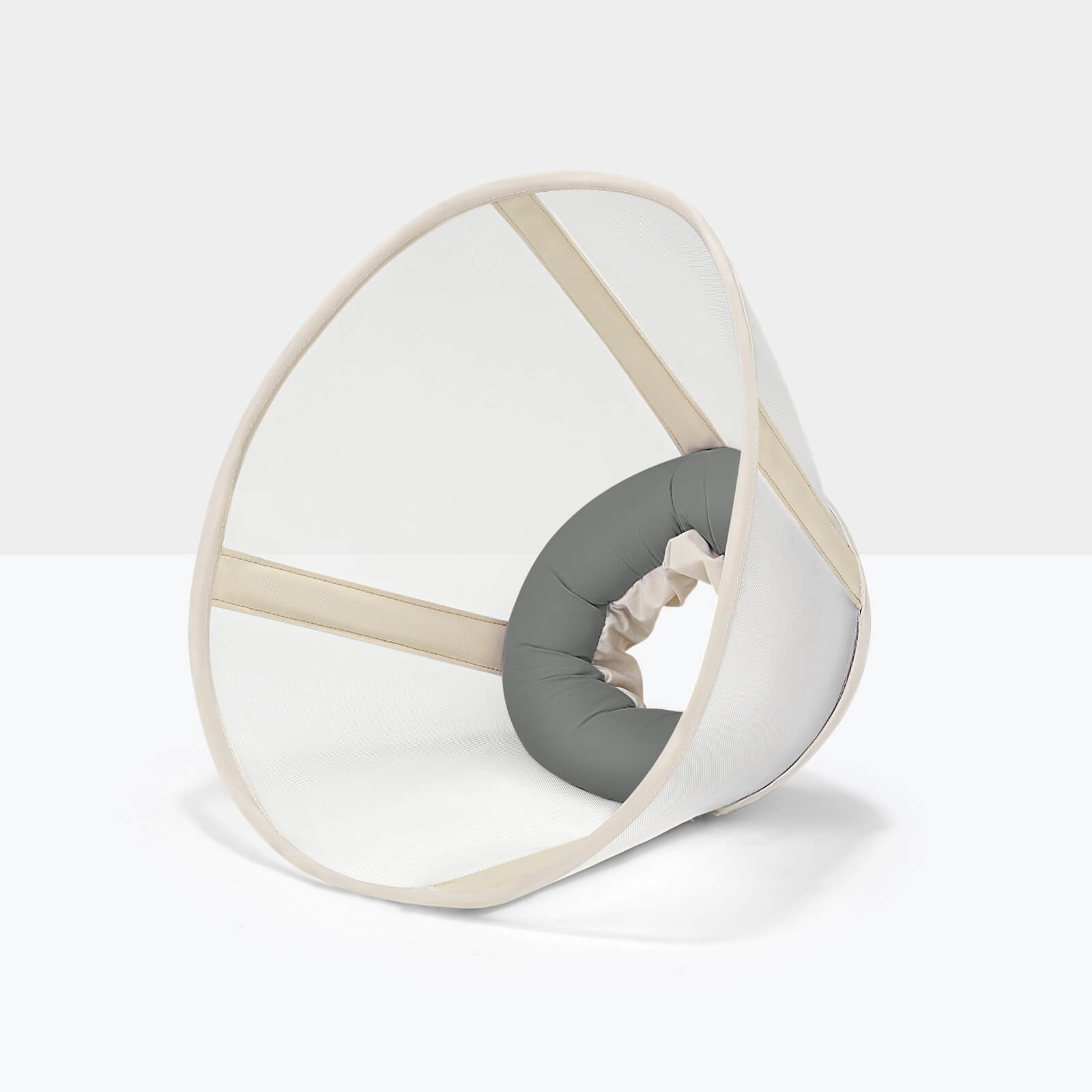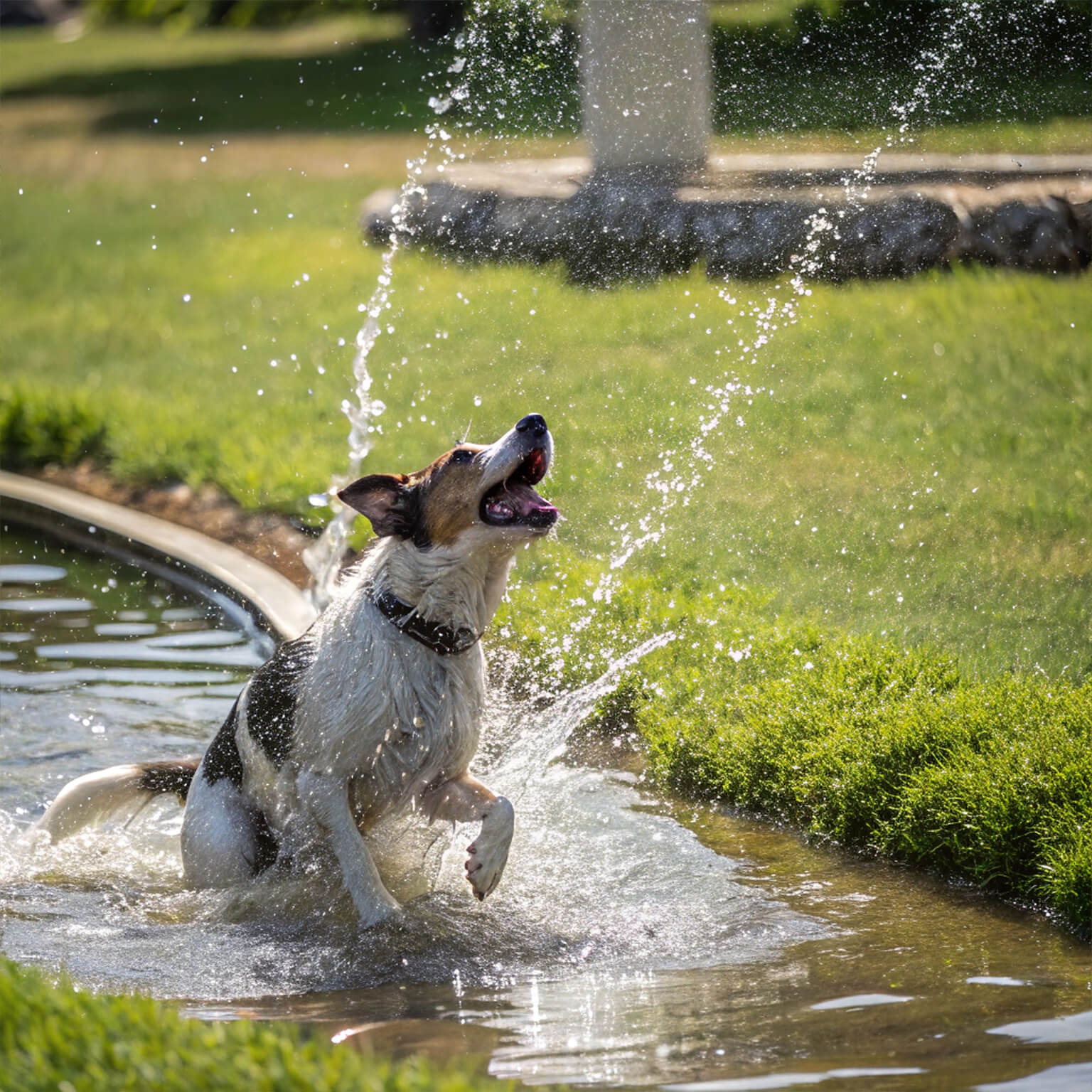Are You Ready For A Safe Summer? Learn Common Summer Dangers!
1. Summer Fun with Your Pup
Why Summer Is the Best Time for Dogs and Owners
When you think of summer, it’s hard not to picture sunshine, long walks, backyard BBQs, and epic road trips. For dog owners, it’s the ultimate bonding season. Whether it’s throwing a ball at the beach or hiking scenic trails, summer is packed with adventures waiting to happen.
Popular Outdoor Activities with Dogs
From paddleboarding with your pup to setting up dog-friendly camping trips, summer is the perfect time to explore. Dogs thrive on outdoor enrichment, and a change of scenery can do wonders for their mental health (and yours too!).
Summer Memories That Last a Lifetime
The golden glow of a sunset walk, your dog chasing butterflies in the park, or cooling off under a shady tree—those are the memories you’ll never forget. Just don’t let hidden dangers turn your summer dream into a nightmare.
2. Know the Hidden Dangers
Rising Temperatures Can Be Deadly
Dogs don’t sweat like humans. Instead, they regulate heat by panting. This makes them way more vulnerable to heat exhaustion and heatstroke, especially brachycephalic breeds like Bulldogs or Pugs. Keep an eye out for signs like heavy panting, glazed eyes, and vomiting.
The Danger of Hot Cars
Here’s the scary truth: even when it’s 70°F outside, the temperature inside your car can soar to 113°F in minutes. That’s deadly. Always take your dog with you or leave them at home. Some states even have laws protecting Good Samaritans who rescue pets from hot cars.

The 5-Second Rule for Pavement Safety
Before your walk, try the 5-second test: place the back of your hand on the pavement. If you can’t hold it for five seconds, it’s too hot for your dog’s paws. Burned paw pads are painful and avoidable.
3. Stay Protected from Pesky Pests

Fleas and Ticks—Small but Dangerous
Fleas suck—literally. They feed on blood and can cause allergic dermatitis, anemia, and even tapeworms. Ticks are no better. They carry Lyme disease and other nasty infections. Summer is their season, so make sure your pup is on vet-approved flea and tick prevention.
Mosquitoes and Heartworm Risks
Only one bite from an infected mosquito can transmit heartworm. It's a serious, often fatal condition that affects your dog’s heart and lungs. Monthly preventatives are key—and far cheaper than treatment.
The Kissing Bug and Chagas Disease
Don’t let the cute name fool you. The kissing bug carries a parasite that causes Chagas disease, which can damage your dog’s heart. These bugs are most active in warm states like Texas and Arizona, so stay alert, especially at night.
4. Toxic Threats in Nature

Common Plants That Are Poisonous to Dogs
Some plants may look harmless but are extremely toxic to dogs. Sago palms, foxtails, Dracaena, and chrysanthemums can all cause liver failure, respiratory issues, or worse. Learn to recognize and avoid these common culprits.
Blue-Green Algae and Water Safety
A swim in a lake might seem refreshing, but cyanobacteria (blue-green algae) blooms are deadly. They can cause neurological damage and liver failure in dogs within hours. Don’t let your dog drink or swim in water that looks slimy, green, or discolored.
Dangerous Grasses Like Foxtails
Foxtails look like innocent grasses but can burrow into your dog’s skin, ears, nose, or paws, causing severe infections. After hikes, always do a full-body check and remove any foreign seeds.
5. Dehydration, Heatstroke & Hypothermia

Signs of Overheating in Dogs
Look for signs like excessive panting, drooling, red gums, confusion, lethargy, or vomiting. If your dog shows any of these symptoms, get them to a shaded area, offer cool (not cold) water, and contact your vet immediately.
The Importance of Staying Hydrated
Always bring fresh water when you're outdoors. You can also try dog hydration packs or collapsible bowls. A good hydration test? Gently pinch their skin—if it doesn’t snap back right away, they might be dehydrated.
Cold Water Risks in Hot Weather
It might be 100°F outside, but mountain lakes and rivers can still be icy cold. Young pups and senior dogs are at risk of hypothermia if they swim for too long. Limit their time in chilly waters and dry them off afterward.

6. Prepare for Emergencies
What to Do if Bitten by a Snake
Do NOT try to suck out the venom or cut around the bite. This causes more harm. Keep your dog calm and get to the vet ASAP. Knowing which venomous snakes live in your region can help you prepare ahead of time.

Why Rabies Vaccines Matter
Rabies is 100% fatal once symptoms appear. That’s why vaccination is critical—not just for your dog’s safety, but for your family too. Make sure your pup is up to date on all shots before heading outdoors.
Leptospirosis from Standing Water
Lepto is a nasty bacteria spread through the urine of infected animals and can live in puddles, ponds, and wet soil. It can be passed to humans, too. Protect your dog with vaccination and avoid stagnant water.

7. Safety Tips for Summer Celebrations
July 4th and Fireworks Anxiety
According to PetAmberAlert.com, more dogs go missing on the 4th of July than any other day. Fireworks are terrifying for most pups. Keep them indoors, in a quiet space, with comforting items like blankets or toys.
Keeping Your Dog Calm and Secure
White noise machines, anxiety vests, or even prescription meds (as advised by your vet) can help your dog feel secure. Never leave them outside during fireworks—even in a fenced yard.
Microchips and ID Tags: A Must
If your dog gets lost, a microchip could save their life. Make sure your contact info is up to date and that they wear a tag with your current phone number. It’s a small step with a huge impact.
8. Travel Safely with Your Dog
Road Trip Essentials
Pack the basics: food, water, poop bags, collapsible bowls, first aid kit, leash, and updated records. Add in a comfort item like their favorite toy or blanket to help ease stress.
Safe Car Rides and Breaks
Use a seatbelt harness or secured crate for travel. Never let your dog ride with their head out the window—it’s a safety hazard. Take frequent breaks for bathroom needs and stretching.
Dog-Friendly Travel Gear
Consider travel water bottles, cooling mats, sun shades, and paw protectors. These small investments make a big difference during hot-weather travel.
9. Conclusion: Make This Summer Safe and Fun
Summer with your dog is a magical time, full of shared experiences and new adventures. But it comes with responsibilities. With a little planning, the right precautions, and lots of love, you and your pup can enjoy everything summer has to offer—safely. So grab the leash, pack your essentials, and get out there. Your best summer yet is waiting.
FAQs
1. How can I tell if my dog is dehydrated?
Pinch their skin gently. If it doesn’t bounce back immediately, your dog may be dehydrated.
2. What flea and tick preventatives do vets recommend?
Most vets recommend monthly treatments like NexGard, Bravecto, or Frontline Plus, depending on your dog’s needs.
3. Can dogs swim in lakes and rivers safely?
Yes, but always check for signs of blue-green algae and monitor water temperatures. Avoid stagnant or murky water.
4. Should I bring my dog to July 4th fireworks?
No. Most dogs are frightened by fireworks. It’s safest to keep them indoors in a secure, quiet space.
5. How often should I update my dog’s microchip info?
Any time your contact details change—especially before traveling or holidays like July 4th.


